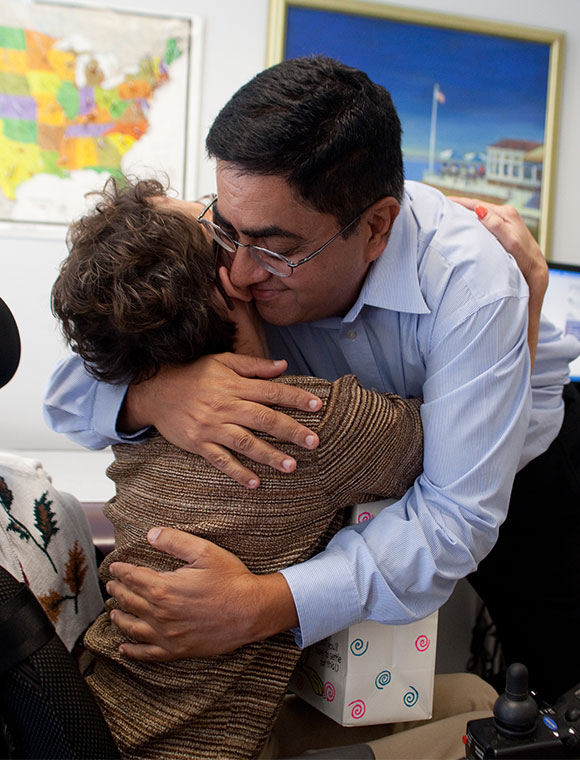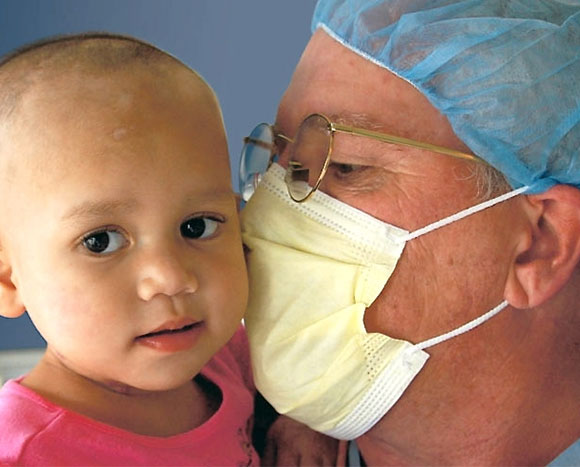WHAT IS COMPASSIONATE HEALTHCARE?
Compassion consists of good communication, emotional support, trust, respect, and working to prevent and manage illness. It means being treated as a person, not an illness. read more
The Schwartz Center for Compassionate Healthcare leads a movement to bring compassion to every healthcare experience.
One of the most powerful ways we advance compassion is by honoring caregivers who provide truly
compassionate care–care that is supportive, respectful and kind.
If you have a caregiver who smiles, listens, and knows you–as a person, and not just an illness–honor them today with a
gift to the Schwartz Center. Your gift will recognize their work, and will advance our mission of bringing
compassion to every patient-caregiver interaction.
Honor A Caregiver
Compassion consists of good communication, emotional support, trust, respect, and working to prevent and manage illness. It means being treated as a person, not an illness. read more
When I think about what my father went through, and what my mother and I experienced on the other side of the hospital bed, it felt like a hurricane. The deepest of emotions and darkest of memories swirling around in a cloud of anxiety, extreme fear and confusion – and in the center of my family's storm, we found our own personal calm in my father's caregiver.Jane D., Family Member
 btn play
view video library
btn play
view video library
Communicating information in a way I understand, involving me in decisions about my care, listening attentively, treating me like a person, showing respect for me and my family and spending enough time with me. read more
Patients are strangers in a strange land. They are surrounded by equipment that looks strange and people who speak a different language. It's an intimidating experience. It's our responsibility to see patients through it safely and compassionately - and to always put ourselves on the other side of the johnny.Ken Tucker, MD
 btn play
view video library
btn play
view video library

I have been touched by the smallest kind gestures - a squeeze of my hand, a gentle touch, a reassuring word. In some ways, these quiet acts of humanity have felt more healing than high-dose radiation and chemotherapy that hold the hope of a cure.Ken Schwartz, Schwartz Center Founder

According to a national poll, more than 80% of patients and 70% of doctors believe compassionate care can make a life or death difference. read more

More than 80% of patients believe compassionate care can make a life or death difference.

More than 70% of doctors believe compassionate care can make a life or death difference.
I stand before you as a patient, not as a doctor. We are all patients. If you are not one, then one day you will be. It's an inevitable truth of life.Pradeep Chopra, MD, 2013 Schwartz Center
Compassionate Caregiver Award Recipient
To ensure that your loved one receives compassionate care:
Compassionate care is a two-way street. As much as patients and their families want to be treated with compassion, it can be challenging for caregivers to show compassion in today’s fast-paced healthcare environment. Here’s what you can do to help: